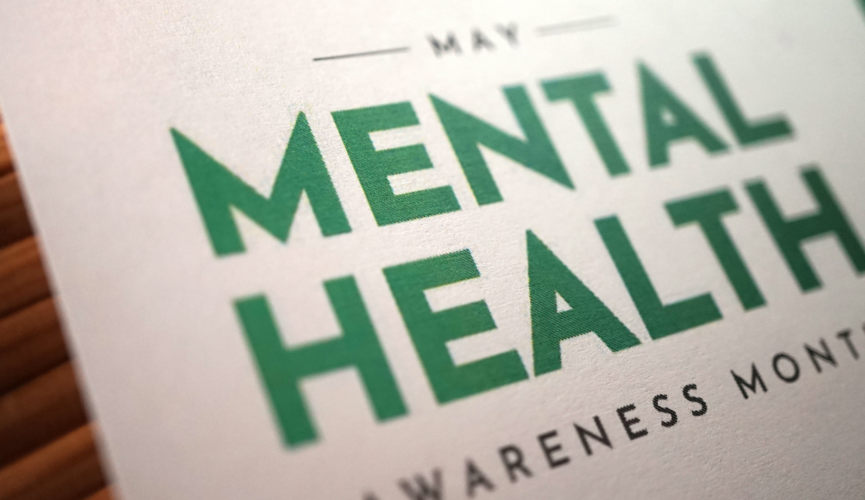Mental health disorders can affect anyone at any point in their life. If you think one of your friends or family members might be struggling with a mental health disorder, it’s important to know what to do and how to help. In this blog post, we’ll discuss six mental health disorders that every person should know about.
1. Schizophrenia
Schizophrenia is a disorder that affects the way a person thinks, feels, and behaves. It is a serious mental illness that can cause problems with communication, coordination, and overall function.
Schizophrenia can also lead to delusions (false beliefs) and hallucinations (seeing things that aren’t there). If left untreated, schizophrenia can lead to severe social and economic difficulties.
There is no one-size-fits-all approach to treating schizophrenia, but treatment typically involves medication and psychotherapy. If you or someone you know is experiencing signs of schizophrenia, it is important to get help as soon as possible.
2. Bipolar Disorder
Bipolar disorder is a mental illness that causes severe mood swings from highs (mania) to lows (depression). People with bipolar disorder may experience extreme happiness one moment and complete despair the next. It’s important to get help for bipolar disorder as early as possible because untreated symptoms can lead to long-term problems such as suicide.
3. Depression
Depression is a mental illness that can cause a person to feel sad and hopeless most of the time. It’s common, affecting about 20 percent of the population at some point in their lives. There are many different types of depression, and it can vary in how severe it is.
Some people only have mild depression, while others have major depressive disorder (MDD). MDD is the most serious form of depression, and can be very disabling.
There are many things you can do to help yourself if you’re struggling with depression. First, talk to your doctor or therapist about what’s been going on. They can help you figure out what might be causing your symptoms and provide treatments that will work best for you.
Second, try to keep a positive attitude. This might seem hard at first, but it really helps when dealing with depression. Finally, make sure to get plenty of exercise and avoid smoking or drinking excessively. These habits can also worsen depression symptoms.
4. Anxiety and Obsessive Compulsive Disorder
Anxiety and obsessive-compulsive disorder (OCD) are two of the most common mental illnesses in the United States. They are also two of the most difficult to treat. However, with treatment, both anxiety and OCD can be managed effectively.
What is anxiety?
Anxiety is a feeling of worry, fear, or distress that can interfere with daily life. It can range from mild feelings of unease to intense anxiety that makes it difficult to function. Anxiety can be accompanied by physical symptoms, such as a racing heart or sweaty hands.
What is OCD?
Obsessive-compulsive disorder (OCD) is characterized by repetitive thoughts or behaviors that cause difficulty in daily life. These thoughts or behaviors may involve worries about contamination, symmetry, or orderliness.
People with OCD may also experience recurring intrusive images, called obsessions, or repetitive actions, called compulsions. The DSM-5 defines OCD as a “disorder” rather than a “condition” because it does not always require medication to improve symptoms.
5. Post-Traumatic Stress Disorder
Post-traumatic stress disorder (PTSD) is a mental health condition that can develop after a person experiences or witnesses a traumatic event. The symptoms of PTSD can include flashbacks, nightmares, and numbing or avoidance of thoughts or activities related to the traumatic event. PTSD can be incredibly debilitating, and may require treatment to overcome.
PTSD is not just a problem for military personnel who have been involved in combat. Anyone who has experienced a traumatic event – whether it was an accident, natural disaster, terrorist attack, or violent crime – can experience PTSD. The syndrome is particularly common among people who have been through incidents that involve significant physical injury or death.
There is no definitive cause of PTSD, but the trauma itself is often responsible. Traumatic events that cause PTSD usually involve some combination of fear, violence, and humiliation. People with PTSD often find it difficult to associate positive memories with the trauma-causing event, which can lead to feelings of isolation and hopelessness.
6. Schizoaffective Disorder
Schizophrenia is a mental illness that causes people to have hallucinations, delusions, and bizarre thoughts. People with schizophrenia may also experience problems with thinking, speaking, or feeling emotions.
Schizoaffective disorder is a condition that involves both schizophrenia and bipolar disorder. Symptoms of schizoaffective disorder include changes in mood, energy levels, and activity levels.
Knowing the different mental disorders will help you identify if you or somebody you know is presenting signs and symptoms of any of these. Hence, you must get to know the disorder better to also help your loved one.

